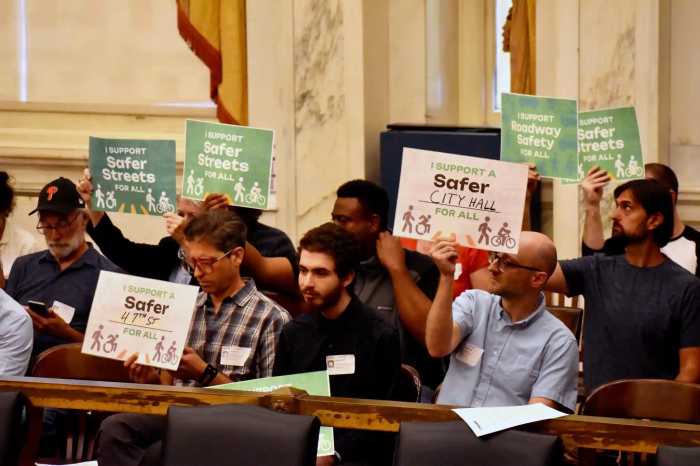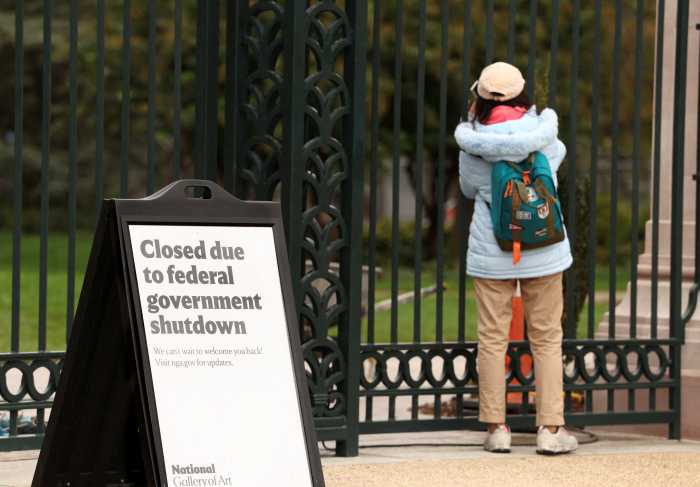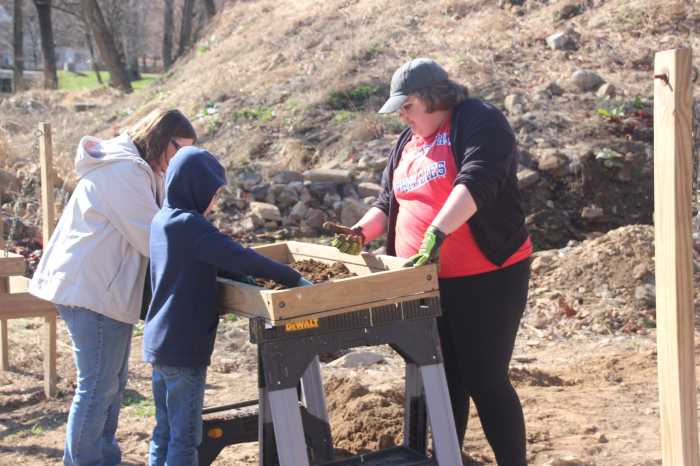On June 28, The Greater Philadelphia Coalition Against Hunger closed its doors due to a lack of funding and resources. In a city where food insecurity issues are at the forefront, the loss of The Greater Philadelphia Coalition Against Hunger will be felt across the communities of the Philadelphia area and beyond.
The Coalition Against Hunger took a unique approach to fighting food insecurity. Instead of operating as a standard food pantry, the organization bridged a gap between resources and the people who needed them by providing services which directed their clients to the help that they needed. Through programs such as their SNAP hotline, which helped families complete SNAP applications for food stamps, and their fundraising efforts, including the annual Race Against Hunger and the Philly Brunch Off, the organization has served the city in a way others had not.
The award-winning nonprofit was founded in 1996 under Bread for the World, an international organization which focuses on bipartisan advocacy for food insecurity and poverty policies within government. In its 28 years of service, its impacts were immense — The Coalition Against Hunger provided resources and access to food to nearly half a million people.
Pennsylvania faces a food insecurity crisis, with nearly 1.5 million residents facing hunger, 436,000 of which are children. At 11.9%, the statewide food insecurity rate is at its highest point since 2017 – according to Feeding America’s Map the Meal Gap. In Philadelphia County specifically, the food insecurity rate is 15.2%.
“We’re continuing to see food insecurity rise across the state and across the country,” said Julie Bancroft, CEO of Feeding Pennsylvania. “That’s likely related to increased food costs and other costs of household goods, other household expenses, so people have to often make difficult decisions about whether they’re going to feed themselves.
“Food insecurity is oftentimes experienced by people who are working, in many cases, not just one job but multiple jobs,” added Bancroft. “Trying to humanize food insecurity is really important and understanding it impacts all walks of life”
Local organizations have successfully helped people by going one step further to cultivate community and provide support beyond simply providing resources. Though the absence of The Greater Philadelphia Coalition Against Hunger will be felt in communities across the city, there are other organizations which have found a way to fill a niche in the fight against food insecurity.
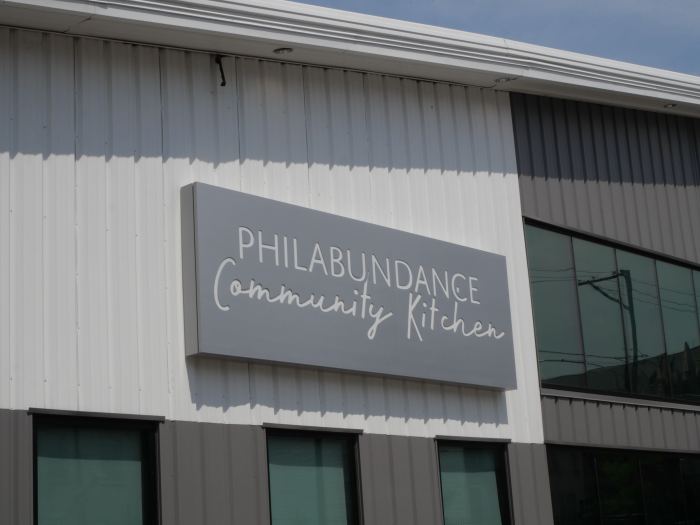
Turn towards Philabundance to see an organization which goes the extra mile. Philabundance, as a member of Feeding America, distributes over 50 millions pounds of food every year. Even further than its efforts in fighting hunger, however, are their efforts in education, with their Philabundance Community Kitchen Program (PCK).
PCK is a 16-week culinary program for low-to-no income adults interested in culinary-based careers. The program provides students with increased employability through training, experience and support. During the program, students fill orders, cater events and produce meals for those in need, a cycle which educates communities while simultaneously fighting hunger.
Even after their students’ time in the program comes to a close, PCK offers support in connecting them to job opportunities in the food industry and continued services for two years to expand employment opportunities post-graduation. To hire a student of the Philabundance Community Kitchen Program, visit philabundance.org.
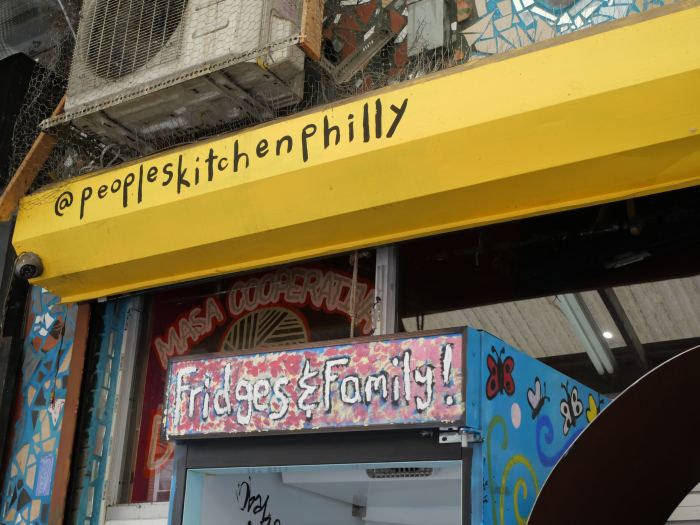
The People’s Kitchen Philadelphia (PKP) is another organization that focuses on education in addition to providing free meals for those in need. PKP focuses on three main initiatives – free meal distribution, community gardens and education – with a mission of empowering, transforming and healing communities in the Philadelphia area.
Through their community gardens and educational efforts, PKP has been able to strengthen their meal distribution efforts through the growth of produce and the spread of information to volunteers and the community at large. PKP has transformed 30 abandoned plots of land into gardens with fresh ingredients, both available to community members and used in the preparation of meals they distribute.
Since March 2020, PKP has been fighting for Philadelphia’s food sovereignty, serving over 350,000 meals to vulnerable households and communities. With the involvement of over 300 volunteers, PKP only continues to widen its reach and further its impacts.
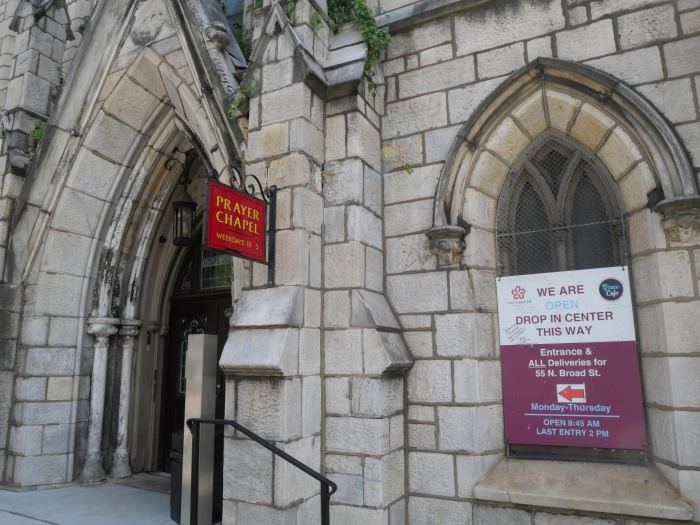
At the intersection of North Broad and Arch Streets sits Grace Cafe, a restaurant-style community meal center housed in Arch Street United Methodist Church. What started as a small church program has blossomed into a citywide initiative with The Center Philadelphia – an organization which focuses on community building and the generation and sustainability of resources.
Grace Cafe hosts dinners every Sunday from 5 to 6 p.m., in addition to providing wellness services for those experiencing homelessness or struggling with food insecurity. They have hosted health fairs, legal clinics, HIV/Hep.C tests and immunization clinics for a community that may not otherwise have access to these resources. Initiatives like this help to build community and contribute resources for those who need it most, providing more than just a healthy meal.
If you or someone you know is facing food insecurity, consider visiting or supporting these organizations, or go to phila.gov/food to access the citywide meal finder.




